asthma Symptoms
What are the symptoms of asthma?
Wheezing
A whistling or squeaky sound when breathing, particularly during exhalation.
Chest Tightness
A feeling of pressure or tightness in the chest.
Increased Mucus Production
Excess mucus in the airways, leading to congestion.

Shortness of Breath
Difficulty breathing, especially during physical activity or at night.
Coughing
Persistent coughing, often worse at night or early in the morning.
Frequent Respiratory Infections
Recurrent colds or infections that may exacerbate asthma symptoms.
Watch for symptoms
Common Symptoms
These symptoms occur when the airways become inflamed and narrowed, making it harder to breathe. Some individuals may experience additional symptoms such as increased mucus production, which can further obstruct the airways. Asthma symptoms may be triggered by a variety of factors, including allergens, exercise, emotions, and environmental conditions, and can range from mild to severe, sometimes leading to asthma attacks that require medical attention.
- Wheezing
- Chest Tightness
- Increased Mucus Production
- Shortness of Breath
- Coughing
- Frequent Respiratory Infections
Emergency Symptoms
Emergency asthma symptoms occur when asthma symptoms worsen suddenly and severely, potentially leading to an asthma attack. f asthma symptoms don’t improve after using a rescue inhaler or other quick-relief medication, it’s essential to seek immediate medical attention. Emergency symptoms require prompt action to prevent complications, and ignoring them can be life-threatening.
- Severe breathlessness
- Wheezing or chest tightness
- Bluish lips or face
- Difficulty speaking
What to do if you have symptoms
If you experience asthma symptoms, it’s important to take immediate action to manage the situation and prevent your condition from worsening. Here’s what you can do:
- Use Your Rescue Inhaler:
- Sit Up and Stay Calm:
- Monitor Your Symptoms:
- Follow Your Asthma Action Plan
- Seek Medical Help if Symptoms Persist
- Stay Hydrated and Avoid Triggers:
If symptoms are recurrent or severe, it’s important to consult your healthcare provider to adjust your treatment plan and better manage your asthma in the future.
What you need to know
- Know Your Triggers
- Follow Your Asthma Action Plan
- Use Medications Properly
- Recognize Emergency Symptoms

